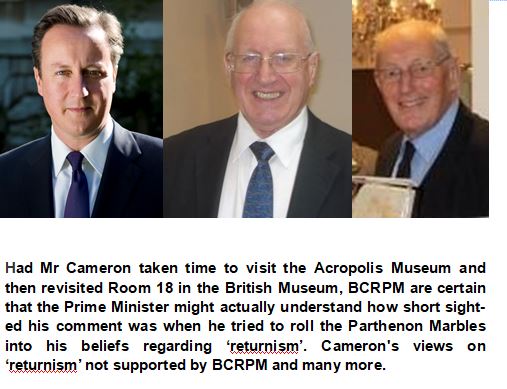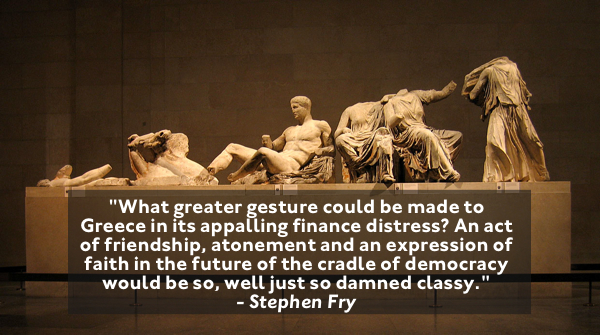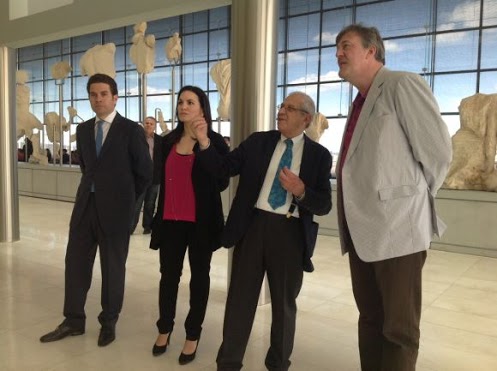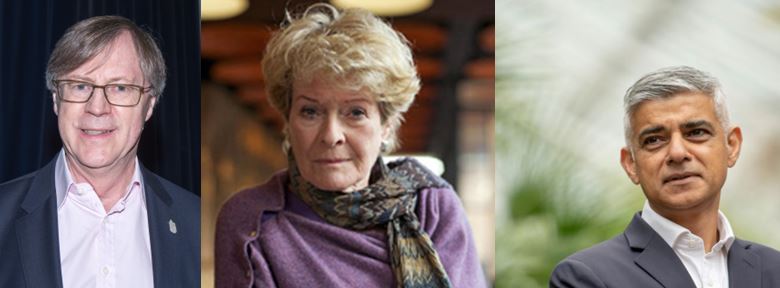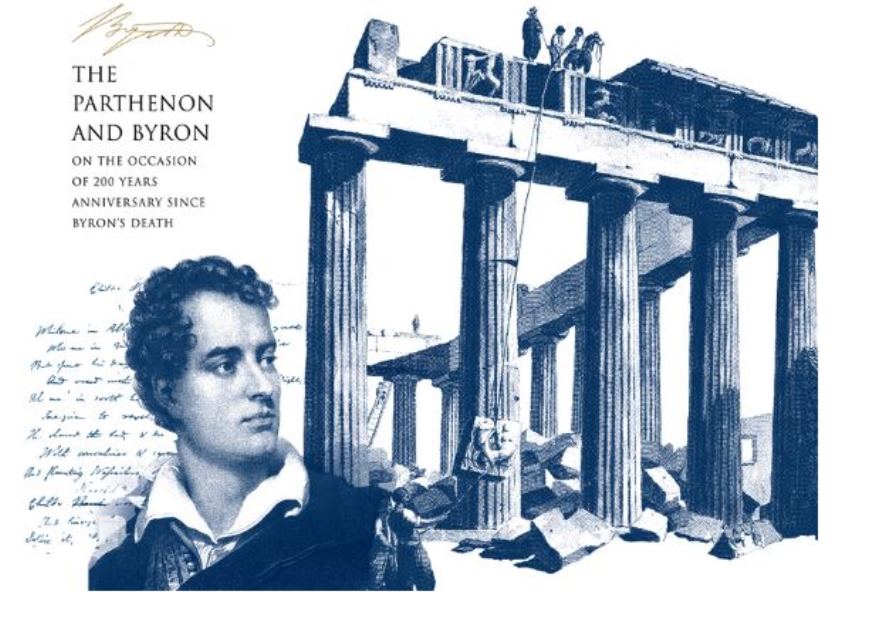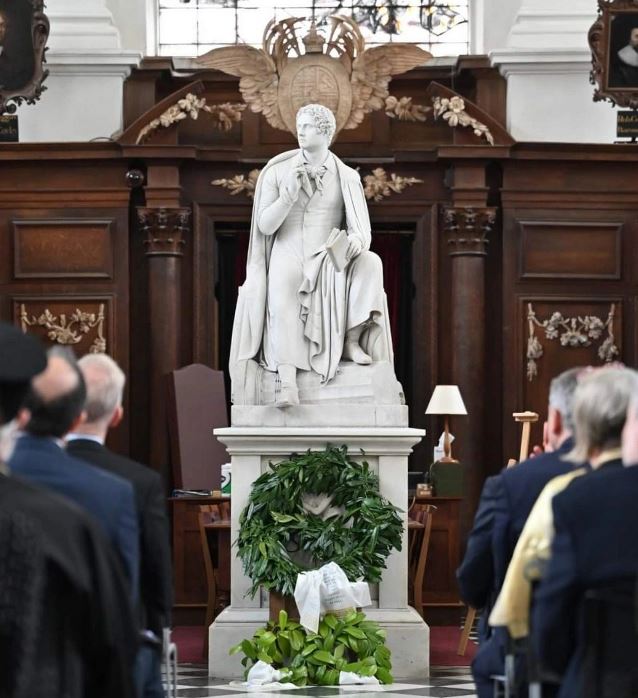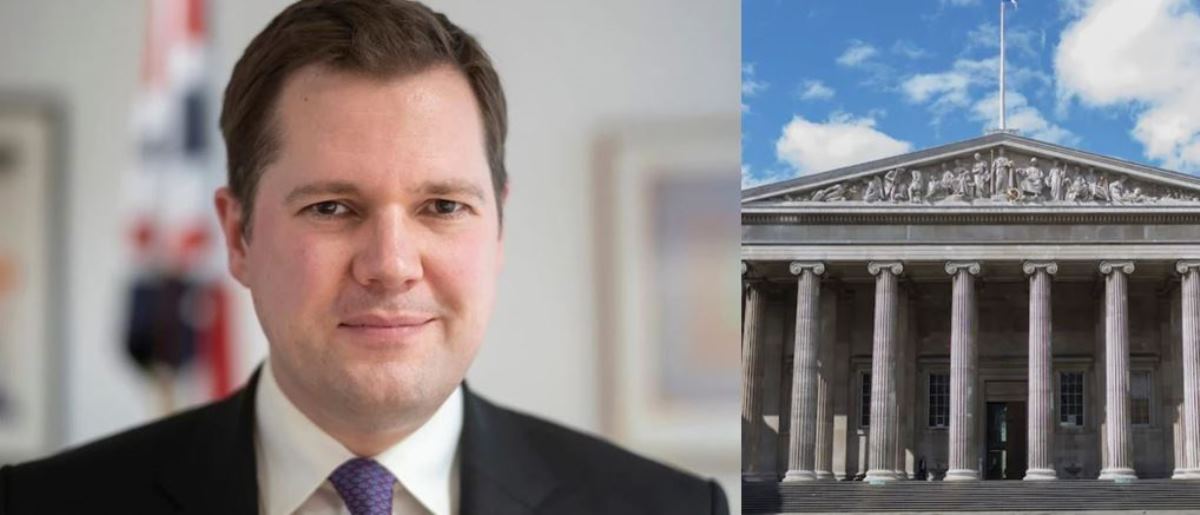Had Mr Cameron taken time to visit the Acropolis Museum and then revisited Room 18 in the British Museum, BCRPM are certain that the Prime Minister might actually understand how short sighted his comment was when he tried to roll the Parthenon Marbles into his beliefs regarding ‘returnism’.
26 February 2013
Cameron's views on returnism not supported by BCRPM
Prime Minister Cameron's views on 'retunism' not supported by BCRPM and others too.
Sharon Heal for Museums Journal :
http://www.museumsassociation.org/museums-journal/news/26022013-cameron-condemned-for-lack-of-understanding-over-returnism-restitution-elgin-parthenon
PM's concept is simplistic and inadequate, say critics Prime minister David Cameron has been condemned for a lack of understanding following his statement last week about restitution of cultural objects.
Cameron was answering questions on a state visit to the site of the Amritsar Massacre, where British troops killed 379 Indians, when he was asked if he thought that the Koh-i-Noor diamond, which is part of the Crown Jewels, should be returned as goodwill gesture. The prime minister said he didn’t believe in “returnism” and that wasn’t the right approach.
He added: “It’s the same question with the Elgin Marbles and all these other things. I think the right answer is for the British Museum and other cultural institutions in Britain is to do exactly what they do, which is link up with museums all over the world to make our collections, all the things that we have and look after so well - are properly shared with people around the world.”
But the British Committee for the Reunification of the Parthenon Marbles has censured the prime minster for conflating the two cases.
Eddie O’Hara, Chairman of the BCRPM, said that each case must be judged by its merits.
“In the case of the Parthenon marbles it is the probably unique demand for the reunification of the integral sculptured components of a Unesco world heritage monument, acquired in circumstances that were at best dubious, in an act of cultural vandalism.”
He added: “The fact that he conjoined two such widely differing cases as the Koh-i-Noor diamond and the Parthenon Marbles, and the fact that he called the latter the "Elgin" Marbles suggests that he does not appreciate what a simplistic and inadequate concept ‘returnism’ is.”
Additional notes:
- "By the way, did Mr Cameron not notice the simultaneous outburst of "returnism" in the popular press at the removal in dubious circumstances for sale abroad of a Banksy mural from a London building whose only cultural pretension was this spray on addition?" Questions Eddie O'Hara Chairman for the British Committee for the Reunification of the Partrhenon Marbles
- Decolonising Culture by Christopher Price, Vice Chairman of the British Committee for the Reunification of the Parthenon Marbles (updated by Marlen Godwin)
Time was when European imperial powers assumed that theft and despoliation of cultural treasures from more fragile countries could be carried out with immunity. This is why in the 21st century, the issue of looted art from the colonial era, refuses to go away.
Thankfully in the last decade we have had ‘movement’ starting with Tony Blair and the initiative to return the human remains of the Aborigines back to Australia. Italy has used the extent of their legal powers to promote arrangements with US museums to return disputed objects. At the same time initiatives and amendments to the Museum Law also produced positive results for Holocaust looted objects being returned to ‘first peoples’ to whom they are meaningful and precious. UNESCO and ICOM continue with their efforts for a global code of conduct over restitution of disputed cultural objects. More recently the European Commission is also planning to help Member States recover national treasures, which have been unlawfully removed from their territory by amending its current legislation.
Yet UK and the British Museum are sadly ‘stuck’ and this was reinforced by Mr Cameron’s comment that he doesn’t support ‘returnism’.
The majority of the surviving pieces of the Parthenon sculptures are mainly divided between Athens and London, between two superb museums: the recently opened Acropolis Museum and the long established British Museum.
In order to safeguard the ‘new’ reasons for keeping this peerless work of art divided between two major European cities, Neil MacGregor, the charismatic Director of the British Museum launched his History of the World and he has emphasised in interviews that the Marbles ‘tell a different story’ in the British Museum. A story that only suits the British Museum's narrative? Surely and as a sign of respect for what the ancients left behind, the best story that these sculptures ought to narrate is that which can be understood when they are viewed as closely as possible to the Parthenon, which still stands!
Research on museum visitors has concluded that the average visitor does not make meaningful connections between the randomly acquired objects held by ‘encyclopaedic’ museums. Indeed, given the choice between viewing the Parthenon Marbles within the artificial contexts applied to them by British Museum curators and experiencing them in the city of Athens from which they originate, the overwhelming evidence is that the majority of the public would prefer to see them returned to Athens.
Sharon Waxman in my opinion was the person that got closest to the core of the problem. She insisted in her book “Loot” that current “political possession” should and could be replaced by “cultural cooperation”.
Although the British Museum trustees are not convinced, the British public (to whom the trustees are responsible) disagree. Polling results including the Museum Journal’s poll prior to the BCRPM’s International Colloquy in London last June, clearly show that there is a strong belief that the fragmented Parthenon marbles deserve to be reunited and seen as a whole in context and with views to the building they were created for.
The British Committee for the Reunification of the Parthenon Marbles now in its 30th year of campaigning believes that a solution can be found. A solution which would earn the respect for both museums and would not be seen as a victory or defeat for either. This solution needs imagination from the museums and support from their respective governments.
The worldwide support for reunification would recognise that progress can be achieved and abandoning the relics of cultural colonialism will improve cultural cooperation, which in turn may have a far reaching effect on other sectors . Mr Cameron’s goal of increasing trade relations and improving the economy and indeed earning him and his party more votes, starts here. It isn’t about ‘returnism’ Mr Cameron but about cooperation - a word that would instantly enhance David Cameron standing, not just in this country but globally.
